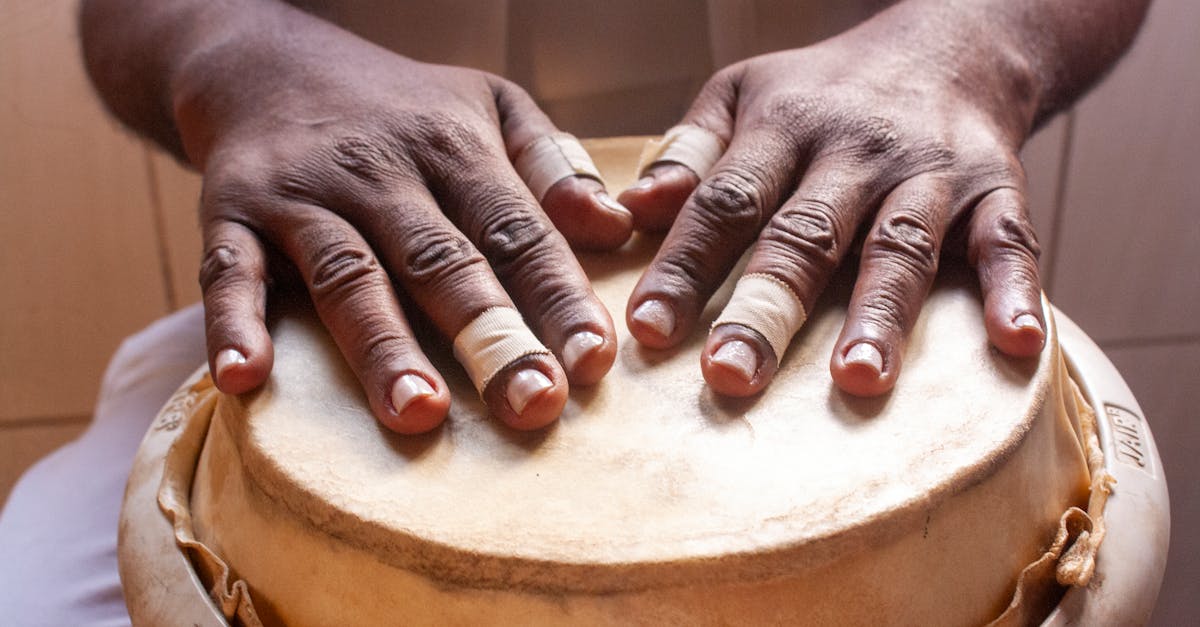Universal Rhythms Exploring Global Music Vibrations
Introduction to Universal Rhythms
Music transcends geographical boundaries, resonating with listeners worldwide. From the African plains to European cities, musical vibrations create a universal language that unites humanity. The rhythm is deeply embedded in every culture, influencing emotions and traditions alike. A heartbeat of humanity, music defies categorization, embodying essential human experiences. In this exploration, we delve into how different cultures contribute to this melodic mosaic. Global rhythms not only reflect cultural identities but also emphasize the shared human experience.
Advertisement
The Pulse of Africa
Africa, often referred to as the cradle of music, boasts an extensive repertoire of rhythms and sounds. Its music centers around the drum, an instrument vital to ceremonies, storytelling, and daily life. The syncopated beats, often complex and polyrhythmic, have laid the foundation for various global music genres. Traditional African music celebrates community and harmony, with call-and-response patterns fostering connection. This continent's musical influence can be seen in jazz, blues, and rock, with its underpinning rhythms penetrating these genres.
Advertisement
The Melodic East
Asia offers a diverse tapestry of musical styles, from the ethereal sounds of Japanese koto to the vibrant beats of Indian tabla. Eastern music often incorporates pentatonic scales, providing a distinct auditory experience. Chinese opera and Indian ragas use elaborate improvisation, showcasing the skill of musicians. India's Bollywood, with its catchy tunes and lyrical dance numbers, captivates audiences worldwide. The East boasts a rich history of music, celebrating both tradition and innovation in its compositions.
Advertisement
Mesmerizing Middle East
Middle Eastern music is a profound blend of tradition and harmony, characterized by exotic scales and intricate percussion. Instruments like the oud and qanun play pivotal roles in creating its hypnotic sounds. This region's music is intertwined with its history, often depicting tales of love and war. The rhythms of the Middle East have influenced genres like flamenco and jazz, displaying an attractive fusion of East and West. Its melodic and rhythmic patterns symbolize the profound depth of its cultural heritage.
Advertisement
Europe’s Harmonious Influence
Europe, with its symphonic heritages, has gifted the world with opera, classical, and contemporary folk music. Classical music from composers like Beethoven and Mozart serves as a testament to Europe's musical ingenuity. Folk music in countries like Ireland and Spain portrays tales of tradition and folklore through spirited strumming and lively rhythms. Europe's musical evolution continues as it embraces jazz, rock, and electronic genres, molding modernity with cultural roots.
Advertisement
Vibrant Latin America
Latin American music is a vibrant fusion of indigenous, African, and European elements, reflecting its rich cultural tapestry. Genres like salsa, merengue, and bossa nova are synonymous with rhythmic dance and lively celebrations. The guitar, maracas, and accordions are iconic across Latin American cultures, adding depth to its musical expressions. Lyrics often convey themes of love, nature, and passion, resonating across generations. Latin music's infectious energy extends beyond its origins, captivating listeners globally.
Advertisement
Oceanic and Indigenous Sounds
From the sacred songs of the Maori to the mesmerizing didgeridoo of Australia's First Nations, Oceania offers unique sonic experiences. These indigenous sounds echo environmental elements, fostering a deep connection to nature. Music in this region often accompanies traditional dance, celebrating ancestry and heritage. As cultures evolve, contemporary creators blend traditional sounds with modern elements, expanding their musical horizons. This fusion honors the past while exploring present and future possibilities.
Advertisement
The Global Fusion
In today's world, music acts as a connector, blending diverse styles to create innovative sounds. Globalization and technology have enabled the exchange of musical ideas, leading to genres like worldbeat and Afrobeat. Musicians collaborate across continents, creating new cross-cultural sounds that transcend traditional boundaries. This global musical fusion represents unity, symbolizing the universality of human expression. With each note and rhythm, these collaborations build bridges between cultures, fostering understanding and appreciation.
Advertisement
Music as a Cultural Reflection
Each music genre reflects its culture’s unique values, folklore, and history. From African drumming circles to Asian jinghu sounds, music communicates deeply embedded human narratives. These vibrant stories, spun through melodies and rhythms, contribute to the rich tapestry of global harmony. Exploring music is not just about hearing; it is about understanding the world through sound. This reflection of cultures through music showcases the beauty of diversity and the strength of unity.
Advertisement
Conclusion and Connection
Universal rhythms underscore the profound connection between people from different cultures. Music invites us to explore, understand, and appreciate the vast world and its diversity. It transcends boundaries, creating an ever-evolving symphony of unity and diversity. Let the rhythms remind us of our interconnectedness and the beauty that exists in our shared global heritage. As we move forward, embracing these vibrations will continue to enrich our lives and bring harmony to our collective narrative.
Advertisement







